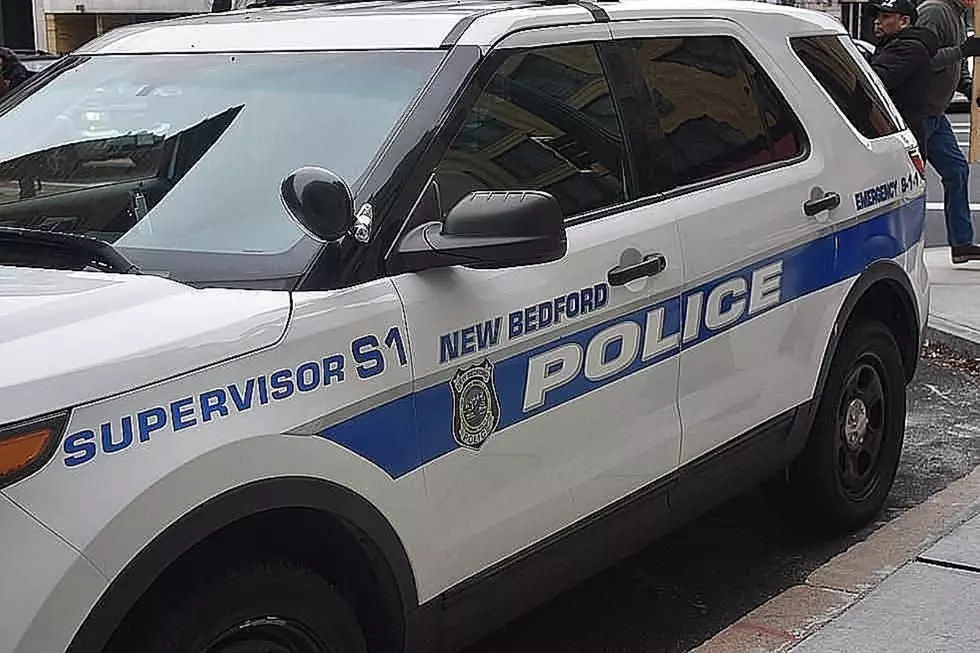
ACO: Banning Pit Bulls Not the Answer
The debate over whether or not to ban pit bulls as pets has been reignited after a 7-year-old boy was killed by two of the dogs in Lowell on Saturday night.
Lowell had already passed the Responsible Pit Bull Ownership Ordinance in 2011, after a string of pit bull atacks in that city. It appears the dog owner in Saturday's tragic attack was following the ordinance, and that the child had entered the fenced-in area housing the two pit bulls.
Some lawmakers are proposing a statewide ban on pit bulls as pets, but New Bedford Animal Control Officer Manny Maciel says banning a specific breed could cause more issues.
"Breed-specific legislation unfortunately doesn't take care of the problem," he told WBSM's Brian Thomas. "If anything, it hides dogs from animal control, hides dogs that have potentially an attitude or an aggression. So it doesn't do much for public safety."
Maciel said that in 2007, the New Bedford City Council took up the issue of a possible pit bull ordinance after Boston passed specific legislation against the breed.
"Boston passed specific legislation saying you couldn't own pit bulls in the city, and they figured out that their bite rate on dogs actually went higher," he said. "They were thinking it would drop the rate, when it didn't make a difference."
Maciel said the New Bedford City Council wanted to do the same as Boston, but that after working with the city, animal organizations, veterinarians and trainers, it was decided to instead adopt a Dangerous Dogs Ordinance instead.
"It comes to all dogs, not just pit bulls or shepherds or rottweilers," he said. "Any dog can be considered dangerous in the city. It's all about the dog's actions."
Maciel said one of the biggest issues with banning just pit bulls is that many dog owners register their dogs as mixed breeds, such as a "boxer mix" or a "bulldog mix," covering up that the dogs are indeed pit bulls.
"It might look like a pit bull, but the paperwork says 'boxer mix,' and I'm trained to spot different breeds of dogs, but not enough to go against a vet who has spent a lot more years studying them," Maciel said. "You can register your dog as a 'bulldog mix,' and it is what it is. Now, all of a sudden, breed-specific legislation, you're not solving the problem."
"All the stats across the country suggest it wouldn't work here. It would be tougher for animal control to enforce," he said. "People would be hiding dogs, and you don't know if certain dogs are in certain areas. It's not going to stop them from biting."
But Maciel also noted that pit bulls are from the only dog breed in the city that has led to problems.
"Across the country, the cocker spaniel is the No. 1 dog that bites," he said. "Last month, (New Bedford) had close to seven dog bites that came back as (Yorkshire terriers) or Jack Russell (terriers). More of those bites are happening in our city right now than pit bulls and bigger, larger dogs. We're seeing lots of small dog bites."
Maciel said that under the ordinance, if a dog is found dangerous, it will be required to be muzzled while on city property, and must have no outside access when the owner isn't home. If outside, it must be kept in a kenneled area with a cement pad, so the dog can't dig out, with fencing at least six feet high. The owner must also post "Beware of the Dog" signs on their property. The dog must also be microchipped, spayed or neutered, vaccinated, and training may also be ordered. Maciel also said the licensing for a dangerous dog is $50, which is $20 more than other dogs.
"Once you hurt people in the pocket, then they become more serious about animal ownership," he said.
More From WBSM-AM/AM 1420









